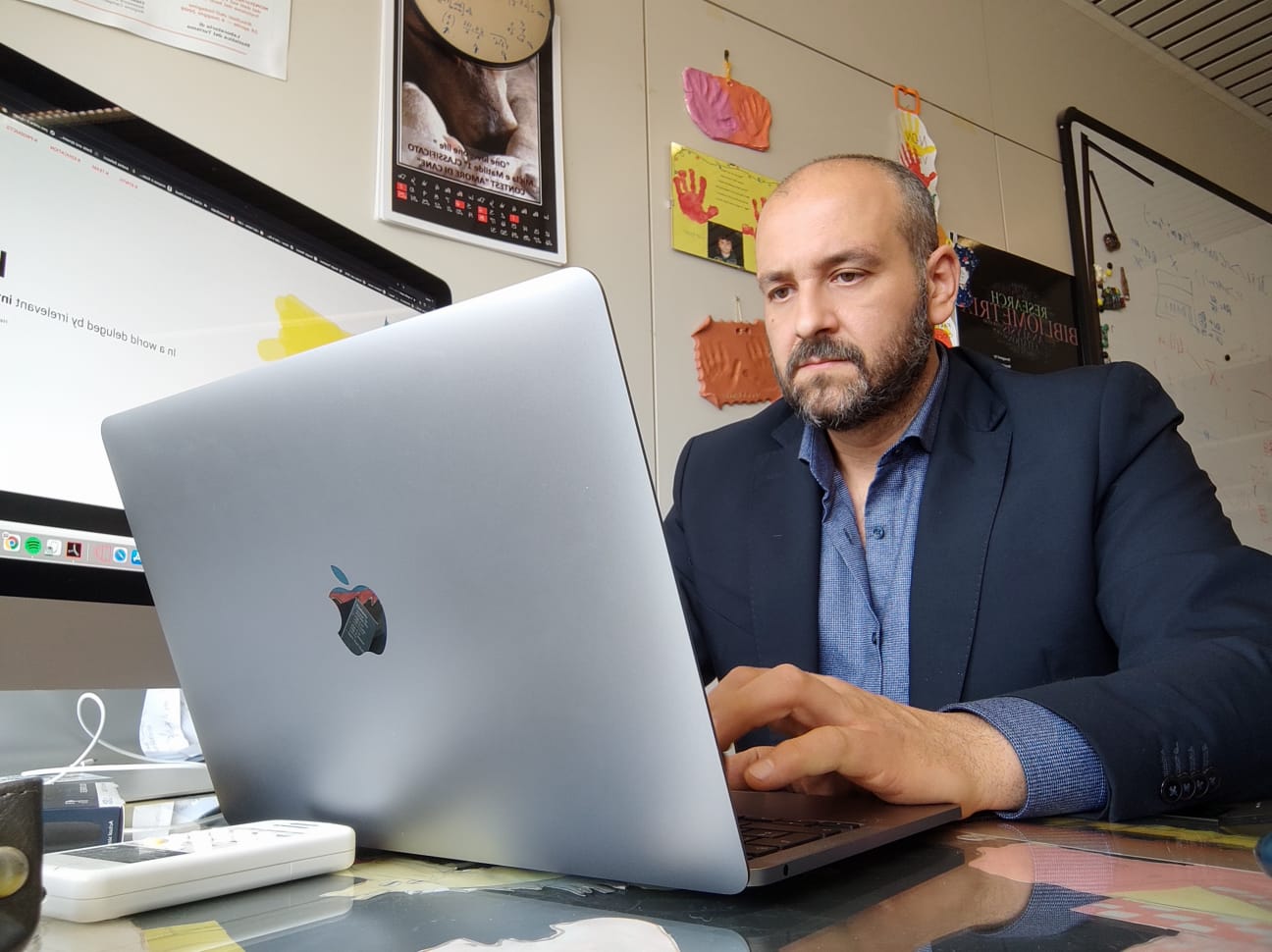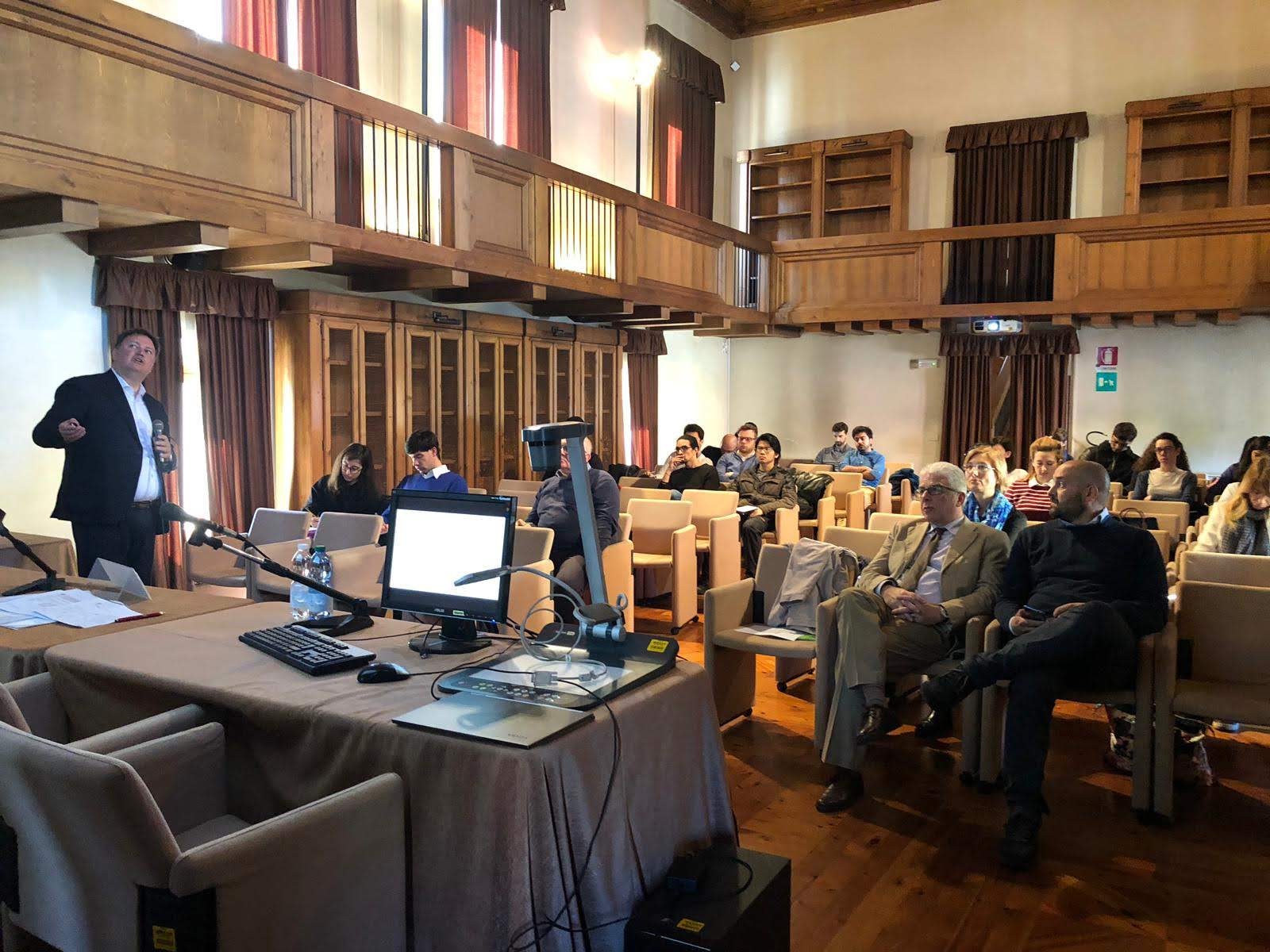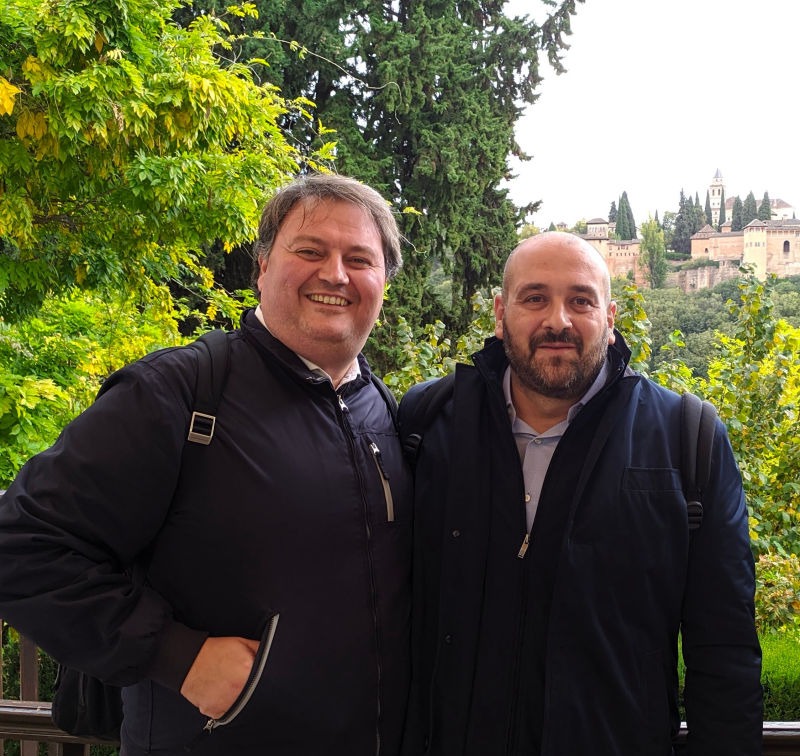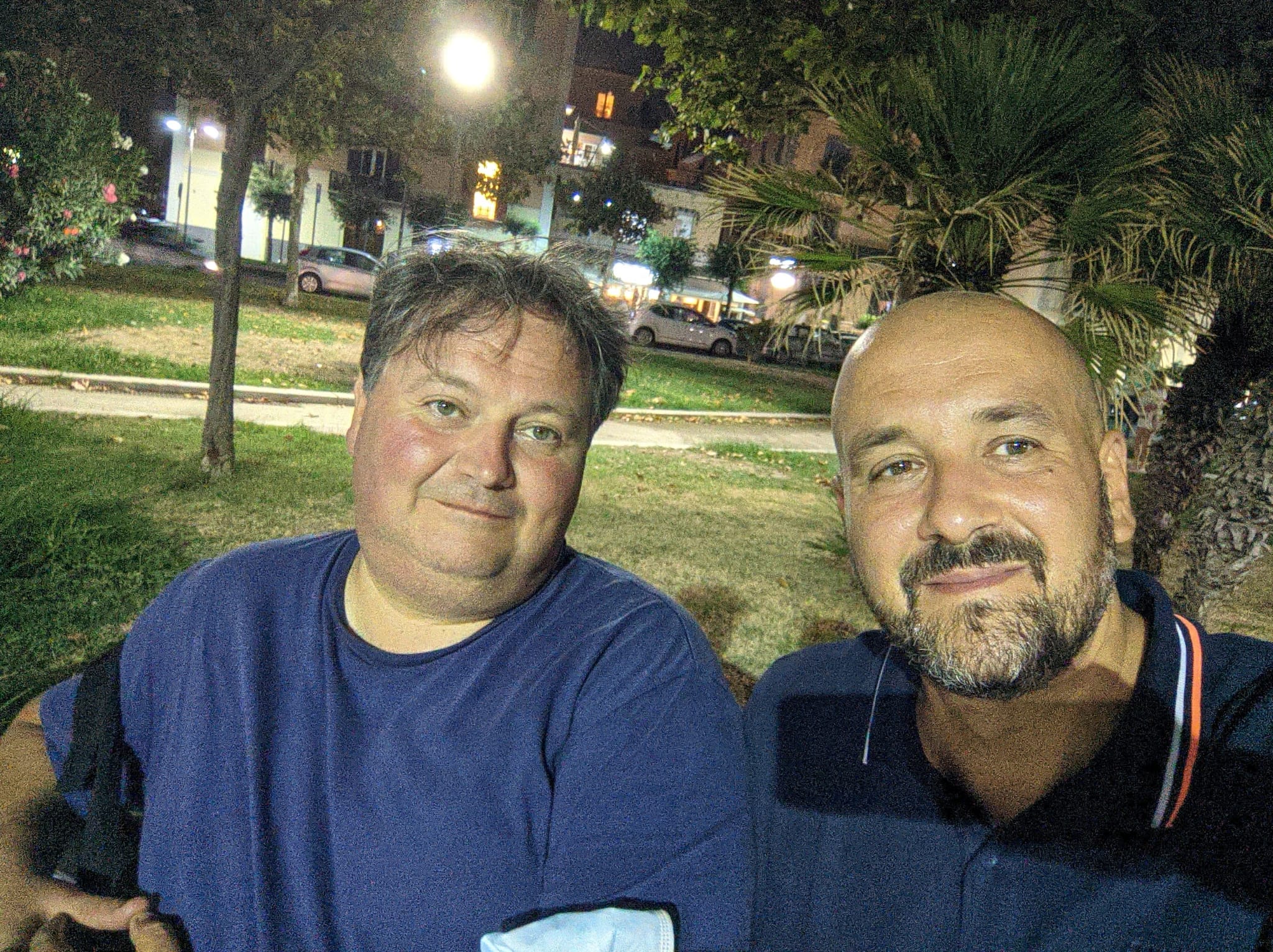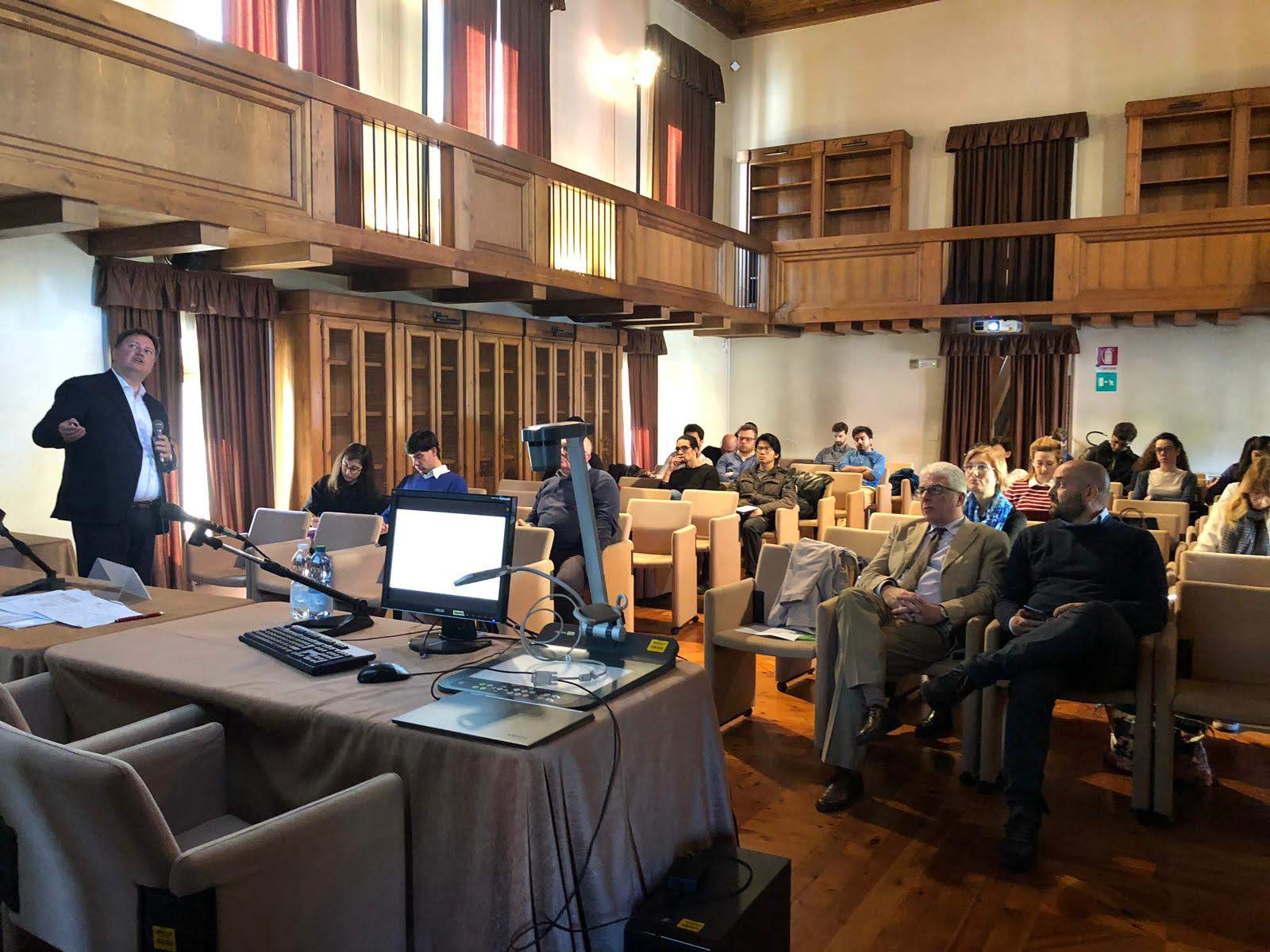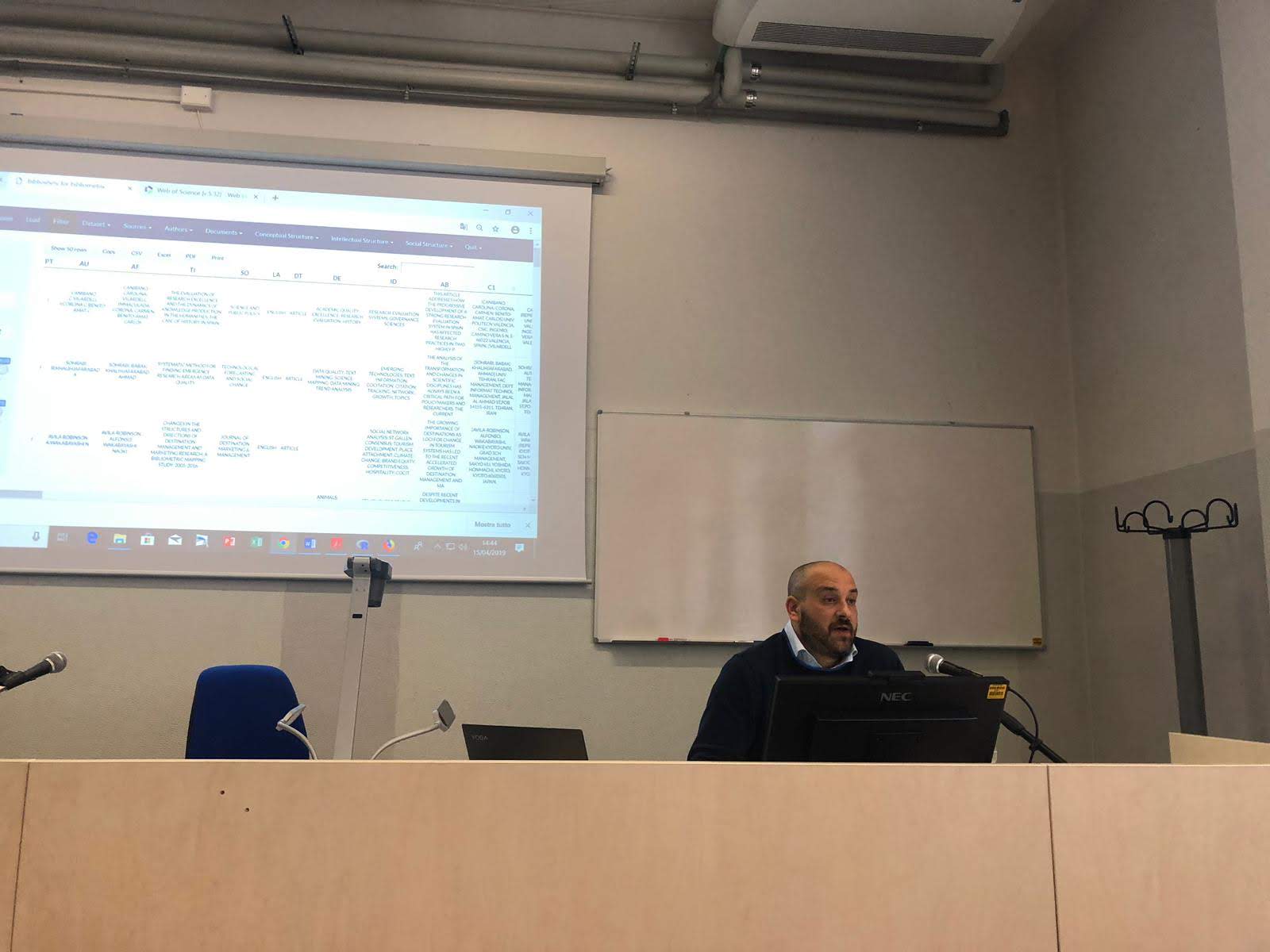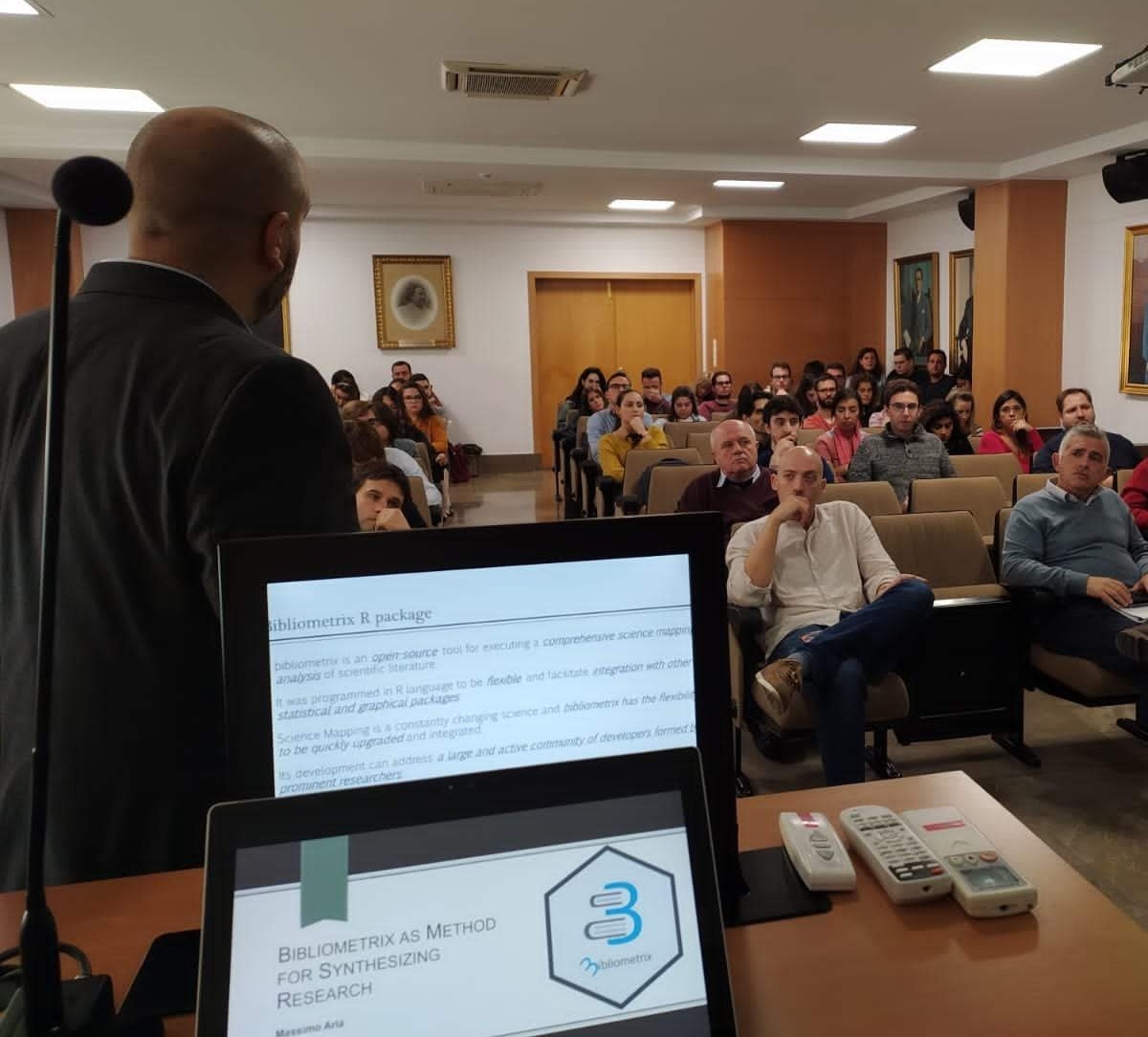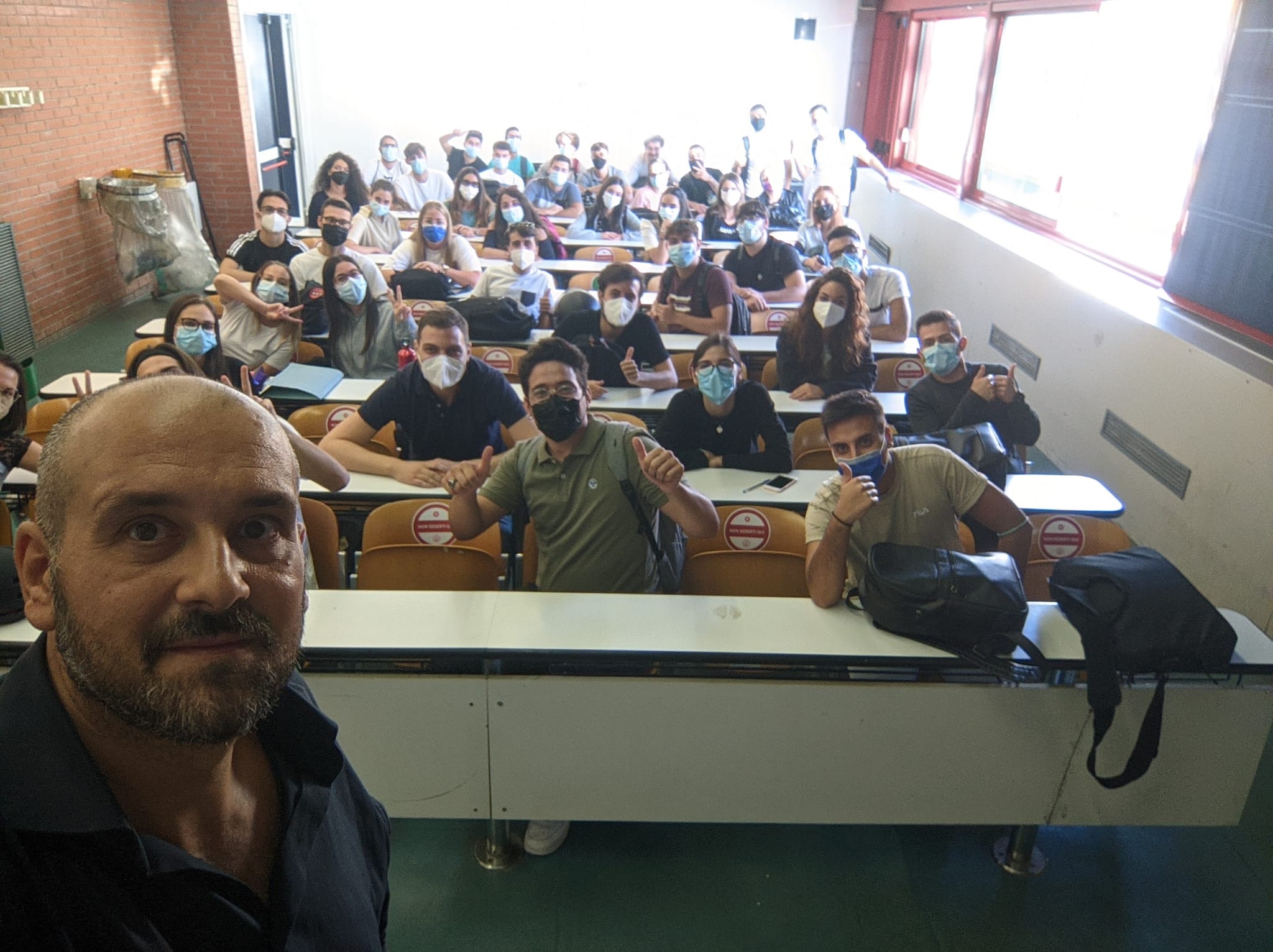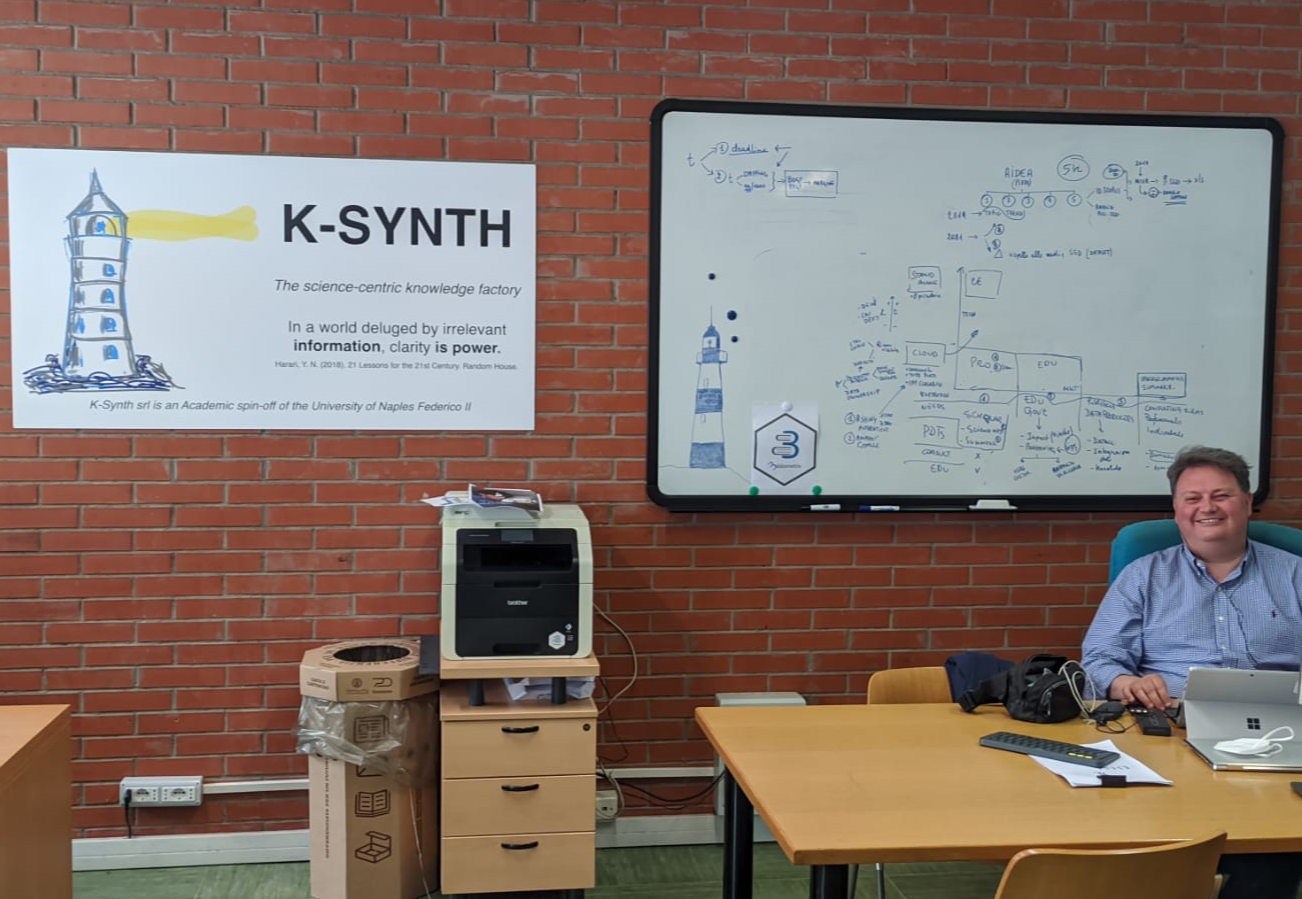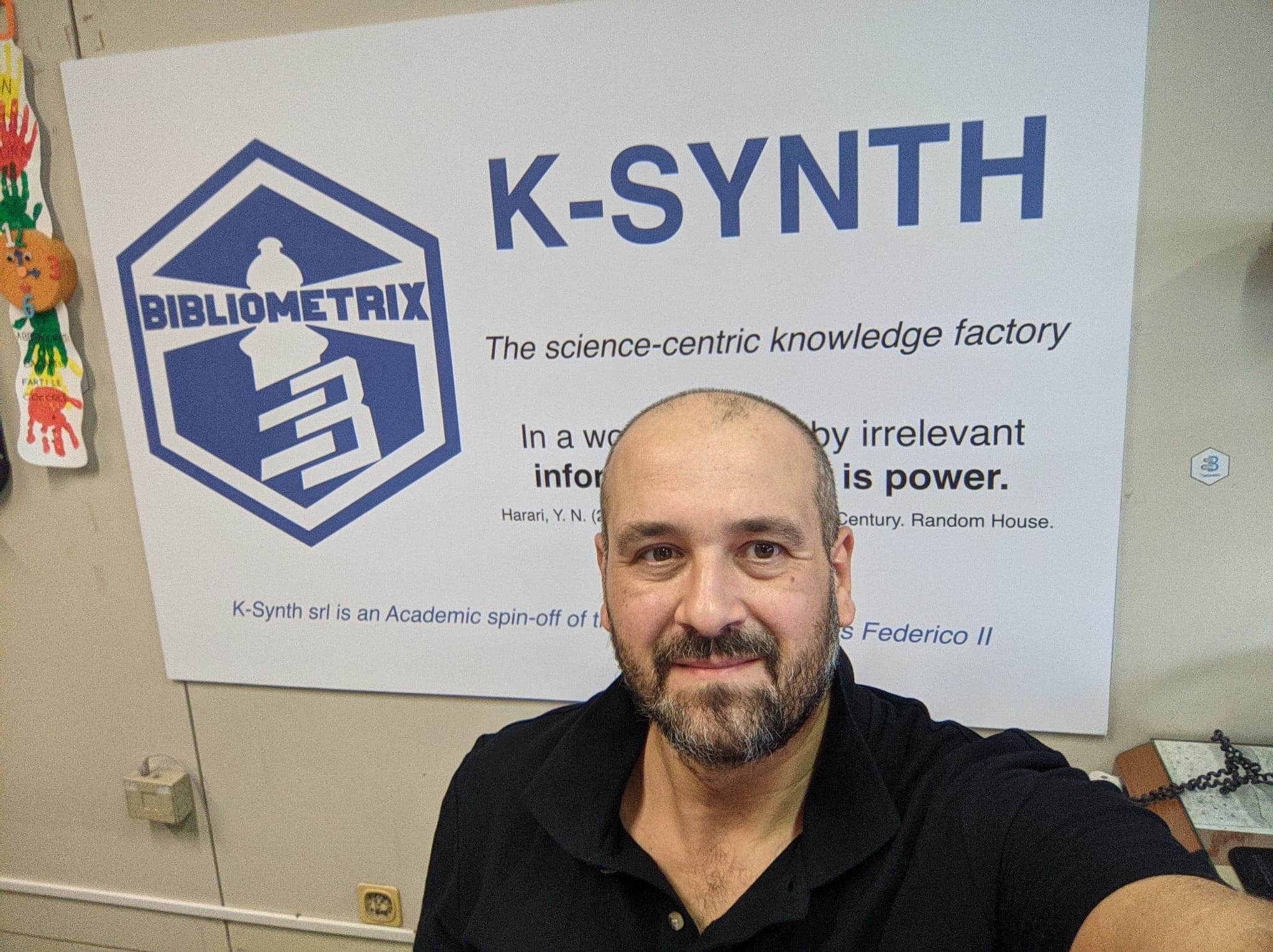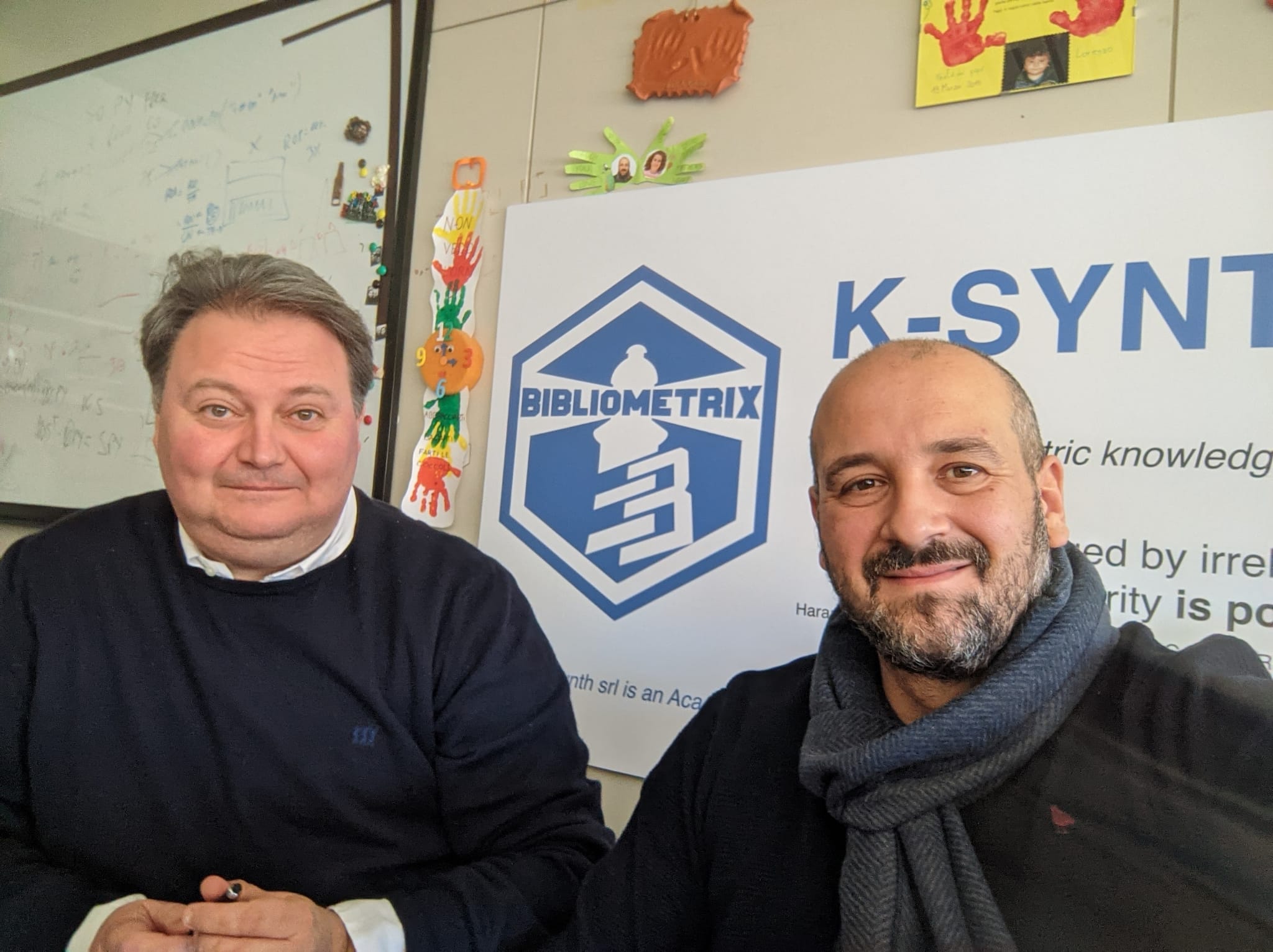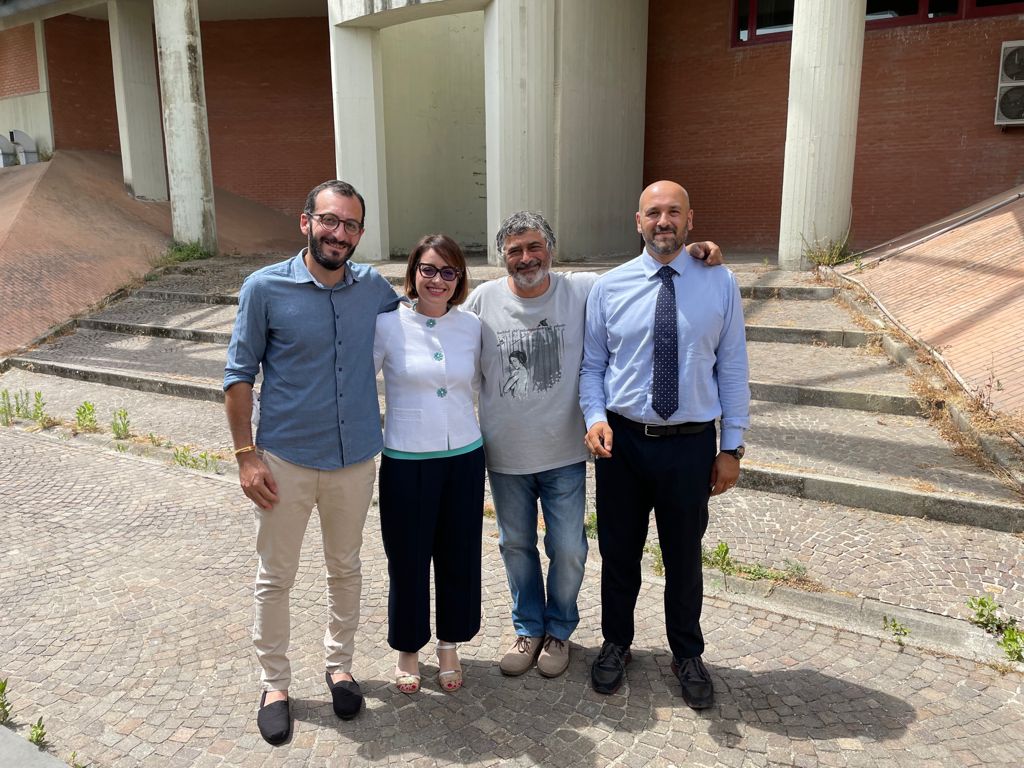Bibliometrix story
We heard about bibliometrics many years ago for the first time.
In 2008 Corrado was writing a monograph on fast-growing firms, a niche theme, which he approached for the first time. Scientific literature was fairly limited. Scholars came from different disciplines with a variety of approaches and methods that made it difficult to cumulate the findings.
We talked about this research problem once during a football match among scholars. Our discussion continued for several days on the various techniques of systematic analysis of literature. We enjoyed the exchange and concluded that bibliometrics was an interesting method and that it would have been fun to explore it together.
Our goal became to examine the intellectual structure of fast-growing firms research. We analyzed all the scientific production published in academic English-written journals. The analysis was complex because it required several steps and diverse analysis and mapping software tools, which were often available only under commercial licenses. All the process was unwieldly, from data-collection to data-visualization. Massimo greatly contributed with his statistical and coding skills.
We are telling this story because without these feedbacks and stimuli we would not have published the bibliometrix release 0.1 in 2016. Since then, our team has grown more and more and we have updated our software and brand. Plus, we funded "K-Synth", an academic spin-off of the University of Naples Federico II.Currently we are at version 4.0, thanks to our growing passion for bibliometrics and to the suggestions that today come from scholars from all around the world."
by Massimo Aria & Corrado Cuccurullo
March 25, 2022
March 25, 2022

